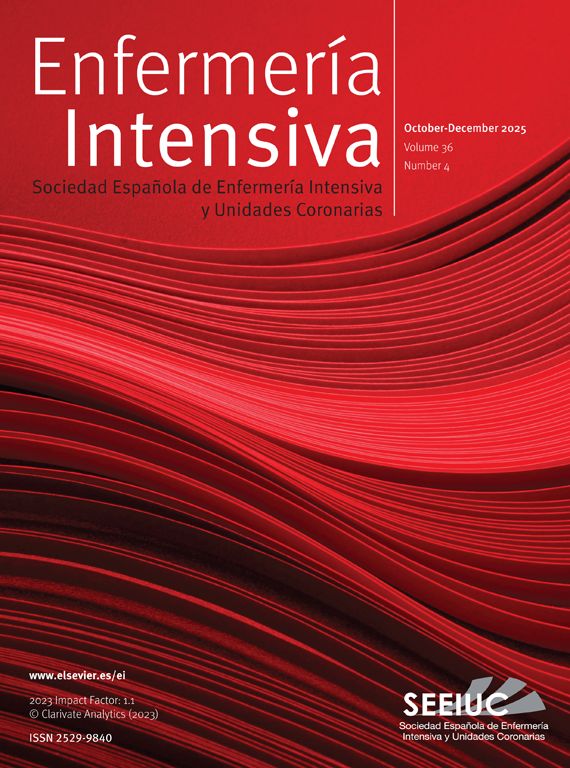There are currently several different electronic information systems on the market that are specifically designed for critical care units and that facilitate the management and administration of patients, data and resources, improving the care and quality of the work undertaken by healthcare professionals.1
The care of critical patients requires very complex decision- making. Electronic information systems designed for this purpose help nurses2 and doctors to make decisions based on the analysis of the large volume of data from the monitoring systems, medical devices and computer systems they use on each patient, improving health outcomes and the safety and management of these units. With studies showing that critical care nurses can need to make 238 decisions per hour,2 these systems are valuable tools in the healthcare institutions where they are used.
Electronic records such as IntelliSpace Critical Care and Anesthesia (ICCA) in critical care units currently enable the integration of continuous monitoring of the patient using bedside monitors that provide graphs and trends of the physiological parameters analysed, transcribing these data directly into the electronic records, simulating the old "paper charts". In addition, they include a host of functionalities of which we highlight: connection to other more specific monitoring systems such as infusion pumps2 and respirators, the management of treatments and diagnostic tests, the calculation of nutrients and fluids, the recording of assessment, evaluation, scales, care plans and doctors’ and nurses’ discharge reports and the storage and exploitation of data, among many other features.
There are international studies that have assessed the implementation of the ICCA system and the benefits of its use in different settings, in adult critical care and anaesthesia units, and in paediatrics,3 of which we highlight
- •
It enables bedside monitoring and trend analysis of the different parameters, and evaluation of the effect of a given nursing and/or medical intervention. It can be used as a strategy to reduce “alarm fatigue” due to health professionals being overexposed to alarms that are often false or clinically insignificant which can lead to safety problems.4
- •
Improved quality of care, since, on the one hand, it allows a reduction in the number of medication errors5 relating to prescription and failing to administer a dose3 or the transcription of medical orders, and adverse events. If we focus on the field of paediatric critical care, electronic prescription improves patient safety, since this population does not allow for standardised medication guidelines, and therapy must always be tailored, taking age and weight into account,3 among other factors. Moreover, it becomes a support tool in decision-making1,2 ensuring that the recommendations stipulated in clinical practice guidelines are followed and promoting more effective and safer management of the care provided.
- •
Improved efficiency1 and staff satisfaction by automating tasks and reducing recording time.5 An ICU requires a large amount of data to be recorded from general and invasive monitoring, perfusion pumps and medication, ventilation systems and data from multiple diagnostic tests. Since all the information on the patient is centralised and can be accessed remotely, communication and teamwork between the different professionals involved in the process of patient care is improved.
- •
It facilitates access to data, for professionals who directly care for critical patients and researchers and managers, who through its analysis can assess both the quality and efficiency of care and the impact of improvement strategies.1
All these benefits highlight the fact that in critical care units, information and communication technology has become a fantastic tool to improve patient care and facilitate the work of all professionals involved.
FundingThe authors have received no funding for this paper.
Please cite this article as: Ros Navarret R. Tecnología de la información en cuidados críticos: una oportunidad de mejora de los cuidados. Enferm Intensiva. 2020;31:206–207.







